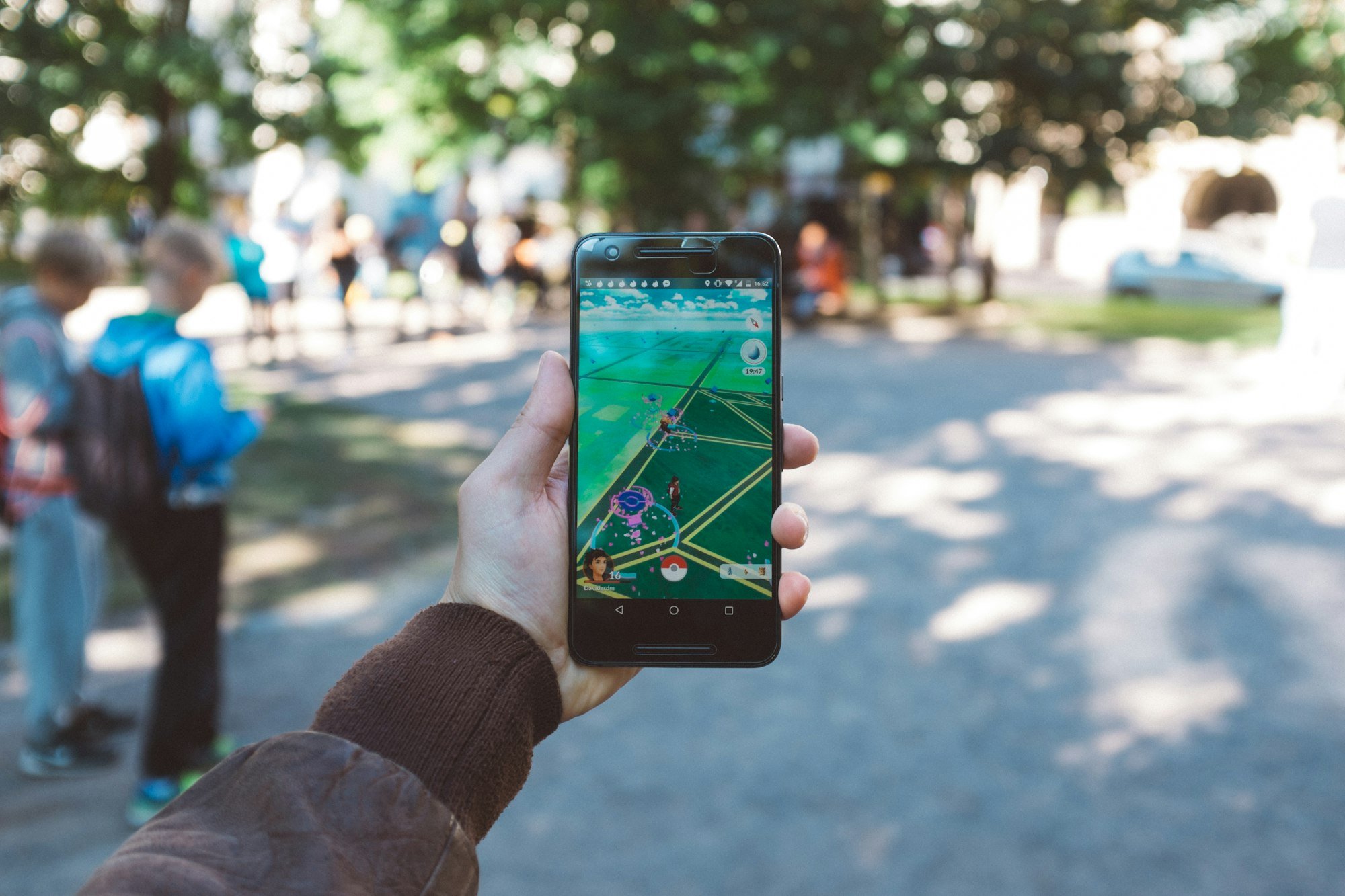- cross-posted to:
- [email protected]
- cross-posted to:
- [email protected]
Niantic, the company behind the extremely popular augmented reality mobile games Pokémon Go and Ingress, announced that it is using data collected by its millions of players to create an AI model that can navigate the physical world.
In a blog post published last week, first spotted by Garbage Day, Niantic says it is building a “Large Geospatial Model.” This name, the company explains, is a direct reference to Large Language Models (LLMs) Like OpenAI’s GPT, which are trained on vast quantities of text scraped from the internet in order to process and produce natural language. Niantic explains that a Large Geospatial Model, or LGM, aims to do the same for the physical world, a technology it says “will enable computers not only to perceive and understand physical spaces, but also to interact with them in new ways, forming a critical component of AR glasses and fields beyond, including robotics, content creation and autonomous systems. As we move from phones to wearable technology linked to the real world, spatial intelligence will become the world’s future operating system.”
By training an AI model on millions of geolocated images from around the world, the model will be able to predict its immediate environment in the same way an LLM is able to produce coherent and convincing sentences by statistically determining what word is likely to follow another.



Also Obligatory: “You can pay for something and still be the product”
You used to be paid to work. But this is the future. Now you literally pay to work.
While true, and probably pretty common nowadays, if you’re not paying for the product, there’s like a 100% chance you’re the product, at least if you have to pay for it there’s a chance you’re NOT also the product.
Public company 100% chance you’re the product
Private company you might not be
Paying is irrelevant, you are completely neglecting open source
Excellent point. I love some open source stuff when I can get it.